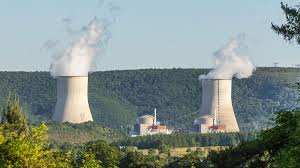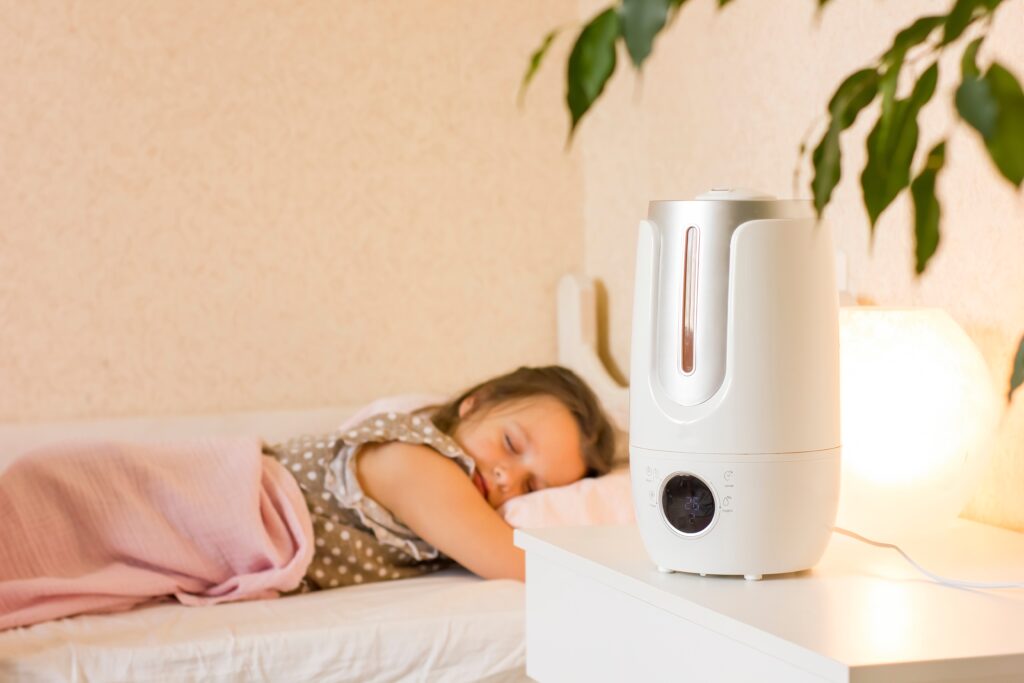Reducing Cancer Risk: The Impact of Lifestyle Choices

Introduction
Cancer prevention is a vital aspect of public health, and lifestyle choices play a crucial role in reducing the risk of developing cancer. By making informed decisions regarding diet, exercise, and other habits, individuals can significantly lower their chances of cancer. This article explores how lifestyle choices impact cancer risk and provides practical strategies for healthier living.
Understanding Cancer Risk
1. What Contributes to Cancer Risk?
Cancer risk is influenced by various factors, including genetics, environmental exposure, and lifestyle choices. While some risk factors are unavoidable, many can be managed through lifestyle modifications.
2. The Importance of Lifestyle Choices
Research indicates that approximately 30-50% of all cancers are preventable through lifestyle changes. This statistic underscores the importance of adopting healthier habits to mitigate cancer risk.
Healthy Eating Habits
1. The Role of Nutrition in Cancer Prevention
A balanced diet rich in fruits, vegetables, whole grains, and lean proteins can help reduce cancer risk. Specific foods contain antioxidants and other compounds that may protect against cancer development.
2. Foods to Include and Avoid
- Include Berries, leafy greens, nuts, and legumes.
- Avoid Processed meats, excessive alcohol, and sugary beverages.
The Impact of Physical Activity
1. Exercise and Cancer Risk
Regular physical activity is a key component of cancer prevention. Exercise helps maintain a healthy weight, boosts the immune system, and reduces inflammation, all of which contribute to lower cancer risk.
2. Recommended Activity Levels
The World Health Organization recommends at least 150 minutes of moderate-intensity exercise or 75 minutes of vigorous-intensity exercise per week.
Alcohol Consumption and Cancer
1. Understanding Alcohol’s Risks
Excessive alcohol consumption is linked to several types of cancer, including breast and liver cancer. Limiting alcohol intake is crucial for cancer prevention.
2. Guidelines for Safe Consumption
Health authorities suggest limiting alcohol to one drink per day for women and two for men to minimize cancer risk.
Read More Articles Like This: Click Here!
Environmental Factors
1. Pollution and Cancer Risk
Environmental pollutants, such as air and water contaminants, can increase cancer risk. Reducing exposure to these harmful substances is essential for cancer prevention.
2. Creating a Safer Environment
- Use air purifiers to reduce indoor pollution.
- Support policies aimed at reducing environmental contaminants.
The Role of Regular Check-ups
1. Importance of Screenings
Regular health screenings can help detect cancer early when it is most treatable. Following recommended screening guidelines is an essential part of cancer prevention.
2. Types of Recommended Screenings
- Mammograms for breast cancer.
- Colonoscopies for colorectal cancer.
Conclusion
In conclusion, cancer prevention significantly depends on lifestyle choices. By focusing on healthy eating, regular exercise, moderating alcohol consumption, and minimizing environmental exposure, individuals can reduce their cancer risk. Making these changes may seem daunting, but even small adjustments can lead to substantial health benefits. Engage with us and share your journey toward healthier living!


























































































